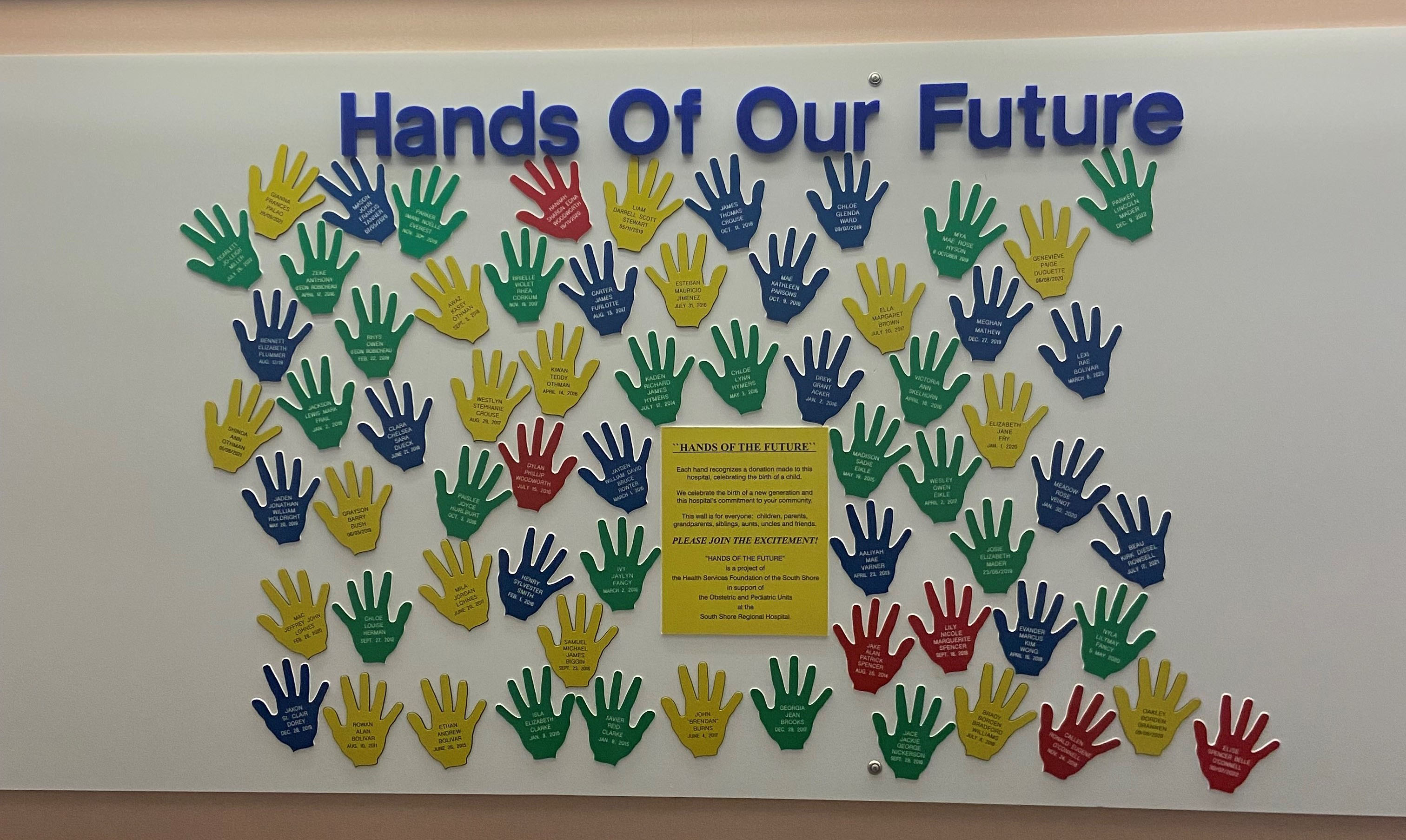In this section :
Patients as experts in their own care is a belief that exists at South Shore Regional Hospital (SSRH) Women and Children’s unit. Michelle Wile is the Health Service Manager for Women and Children’s, Midwifery and Ambulatory Care at SSRH in Bridgewater, N.S. and Rebecca Parks is a Quality Improvement and Patient Safety Leader in the Western Zone of Nova Scotia. This viewpoint, alongside a Healthcare Excellence Canada’s (HEC) Action Series focus on rewiring thoughts on harm, led to a discussion-based initiative within South Shore.
Rebecca and Michelle wanted to deepen their understanding of patients’ perceptions and experiences around harm and provide safer working conditions for their staff. Since they deeply value the knowledge and experiences, they decided a discussion-based approach would offer the most insight into their patients’ concerns and would be the natural starting point for reducing harm. The first step was daily staff safety huddles run by Wendy Young (Team Lead for Women and Children’s at SSRH), where they could openly discuss their concerns and help to focus on prevention of harm that was identified by staff. They then moved on to conversations with patients, asking them what they needed in order to feel safe.
Two main themes emerged from these discussions. They recognized that language barriers between patients and staff were creating challenges to safe and effective care, and more robust support was needed. Language identification cards are in the process of being printed, they connected with a language coordinator, and a language app is being installed on all Nova Scotia Health unit phones. Staff also reported an increase in diversity with their patient population and wanted to support cultural needs in terms of care. This led to education and collaboration with a Mi’kmaw Indigenous Patient Navigator and an Organizational Development Consultant, providing resources and support staff.
Some patients also reported a feeling of stigma around some of the medication and monitoring practices, particularly families with a history of opioid use disorders. Staff received and processed this information and worked to improve their communication and clarify expectations with patients at the onset of treatment. Staff were also more able to provide the necessary support and resources for patients and their families.
Asking patients and staff what they needed to feel safe led to simple yet impactful changes around the unit that improved communication between staff and increased patient satisfaction. Rebecca and Wendy shared their experience and findings at a Nova Scotia Health Western Zone Quality Summit in the hopes it will spread throughout their healthcare zone. They’ve continued their work within South Shore, gathering more stories from staff and patients. Their next goal is to make these safety questions standard at the time of admittance and to include the birthing unit so they can better understand what their patients need to feel safe at the time of delivery.
The team at South Shore embodies the principles of listen, learn and act. They’re a great example of including patients in the conversation about their own care and safety. By valuing patients as the holders of knowledge, they empower them to be active participants in their own care. This sense of collaboration and agency allows patients to feel confident and improves their emotional and psychological safety.
